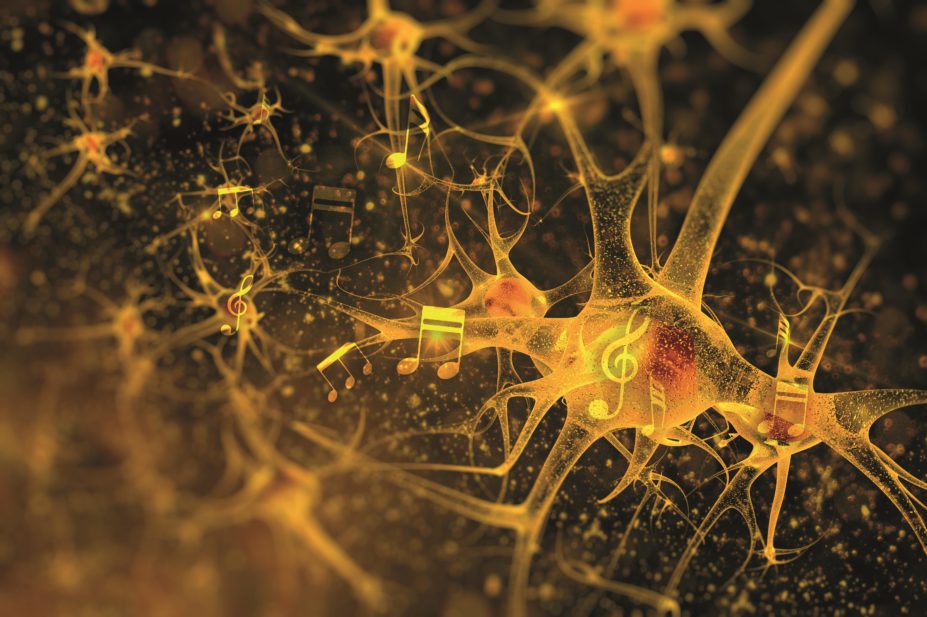
Shutterstock.com
As a mediocre amateur pianist, I enjoy playing baroque and classical keyboard music. I play only for my own amusement, since I would not want to inflict my stuttering performances on anyone else. However, I was particularly pleased with my prowess with Mozart’s Piano Sonata No 16 in C major, categorised as K545 — or at least, I was until I discovered that Mozart himself described this work as being for beginners.
Like much of Mozart’s keyboard work, K545 is simple but beautiful. I may struggle with the faster outer movements, but I particularly enjoy playing the tranquil Andante of the central movement. And, as a healthcare professional, I was delighted to learn recently that this sonata has been shown to have health benefits.
Evidence that listening to certain types of music can improve mental function was first reported in 1993 by researchers who measured the impact of Mozart’s sonata for two pianos in D major, K448. Their discovery has become known as the Mozart effect. Subsequent studies have shown that listening to K448 can have benefits for many neurological conditions, including Parkinson’s disease, senile dementia, migraine and sleep disorder.
In recent years, researchers in Taiwan have found that both K448 and my favourite K545 can help in the treatment of refractory epilepsy in children, as an add-on to drug therapy. Listening to these Mozart sonatas can reduce both epileptiform discharges and the recurrence rate of seizures. No doubt the researchers would have similar results with many other keyboard works by Mozart and his contemporaries or by his predecessors such as Johann Sebastian Bach.
The researchers suggest that the beneficial effects of Mozart’s music may be due to stimulation of parasympathetic tone. Neurotransmitter pathways may also be involved.
One theory is that a reduced binding capacity of dopamine receptors in the basal ganglion may contribute to seizures. Listening to music may help by modifying the dopaminergic pathways.
The idea that music can have therapeutic effects on human health and behaviour goes back to the writings of Aristotle and Plato some 2,400 years ago. Research over the past couple of decades suggests they were right.
You may also be interested in
The importance of diverse clinical imagery within health education

Entrustable professional activities: a new approach to supervising trainee pharmacists on clinical placements
